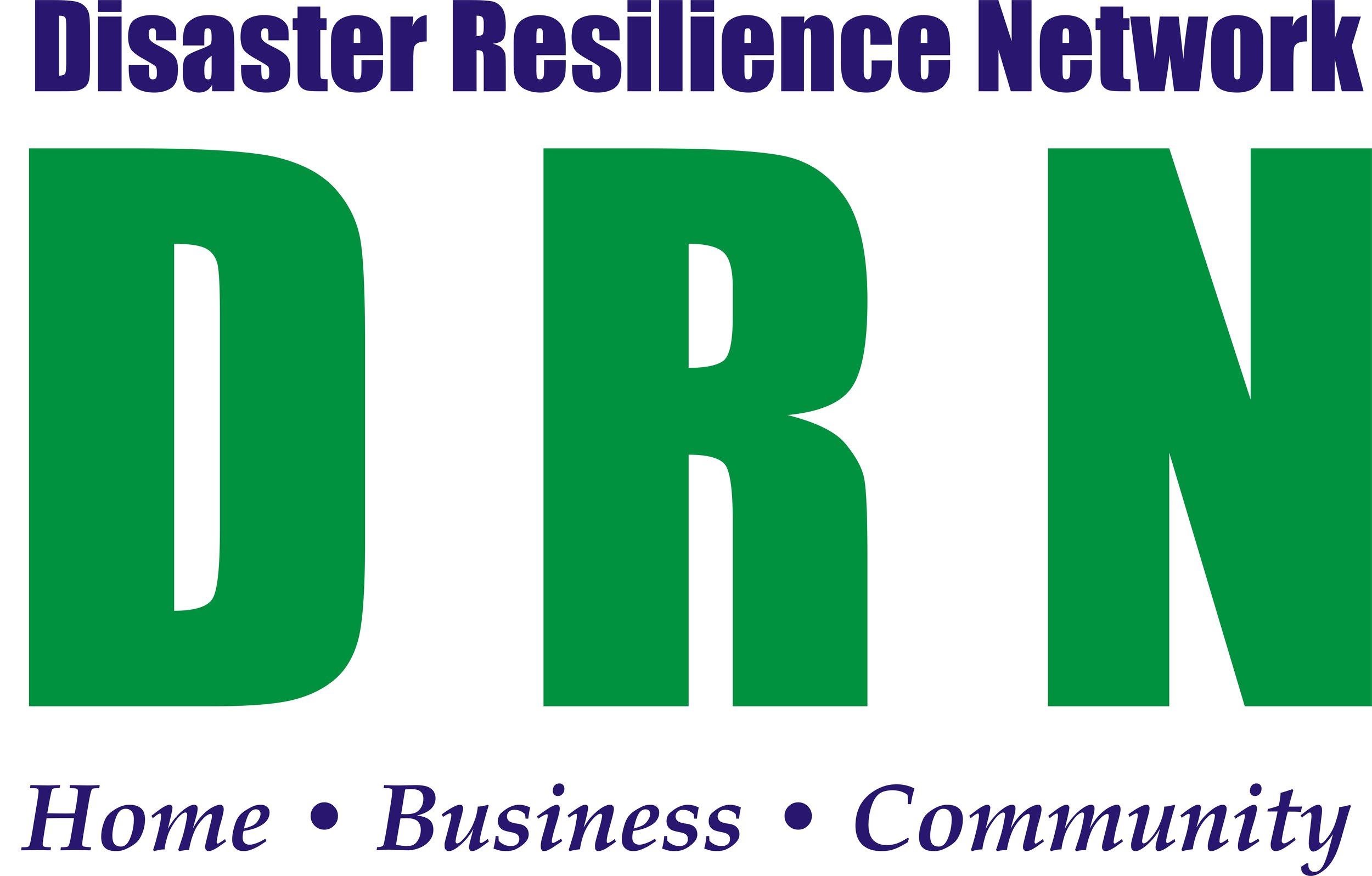JUNE MONTHLY HAZARD: BEAT THE HEAT
High temperatures and high humidity make summers in Oklahoma dangerous for many. When it’s also dry, dust storms and drought can make matters worse. From 1981 to 2010, the City of Tulsa averaged 10 – 15 days per year with temperatures over 100°F.
Do you remember the summer of 2011? Oklahoma experienced its hottest summer on record in 2011, with 42 days of temperatures above 100º F and three consecutive days with 110º F. Nationally, the summer of 2011 was the hottest since the Dust Bowl. Extreme heat can result in muscle cramps, nausea, heat exhaustion, heat stroke, and death. Outdoor high ozone levels can also be dangerous for those with breathing difficulties. Heat has consistently caused more deaths than other hazards.
Medical Health Alerts and Heat Advisories
EMSA in Tulsa will issue a Medical Health Alert based on demand for emergency medical care when the number of response to heat related incidents reaches five responses per twenty-four hour period (12:00 a.m. to 12:00 a.m.)
The National Weather Service (NWS) in Tulsa will issue a Heat Advisory when forecasting heat index values of 105F to 109F and/or temperatures of 103F or 104F. The National Weather Service (NWS) in Tulsa will issue an Excessive Head Warning when forecasting heat index values at or above 110F and/or temperatures at or above 105F. (Overnight low temperatures are no longer a consideration for issuing excessive heat warnings.) An Excessive Heat Watch will be issued ahead of a heat event when/if it becomes apparent that there is a good chance of warning conditions developing in the coming days.
The dangers of extreme heat affect some groups more than others. Individuals over the age of 65 AND below the poverty line are at the greatest risk of loss of life due to extreme heat conditions. High risk populations who need extra care and support include:
• Individuals 65 years and older
• Infants
• Socially isolated individuals
• Mentally & mobility challenged individuals
• Obese individuals
• Individuals under the influence of alcohol or medications
• Individuals and families living below the poverty line
• Outdoor workers
How can you be safe? The Community Service Council and Oklahoma 2-1-1 have these suggestions for you:
• Dress Right (loose-fitting, light weight, light colored clothes, and a wide-brimmed hat)
• Keep Heat Outside & Cool Air Inside (use reflectors, shades, sheets or curtains in windows)
• Drink Water Before & During Exercise (drink before you feel thirsty – and not alcohol/caffeine)
• Don’t use Salt Tablets (unless under doctor’s orders)
• Eat Small Meals & Eat More Often (use less body heat to digest food)
• If you don’t have air conditioning, find a cool place during the warmest part of the day (cooling station locations are listed
here: https://cityoftulsa.org/press-room/heat-alert-cooling-stations-and-tips-for-staying-healthy/ )

